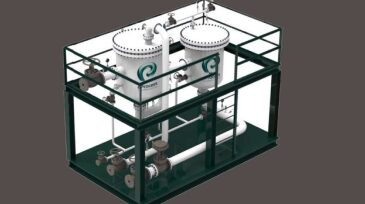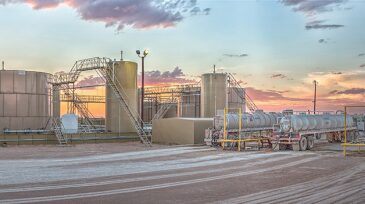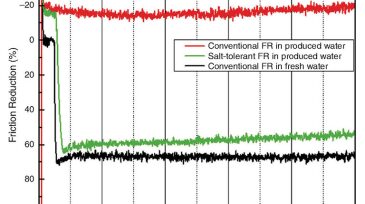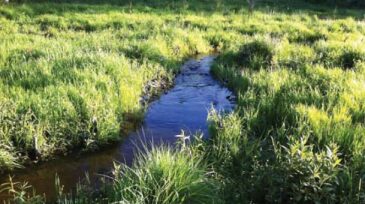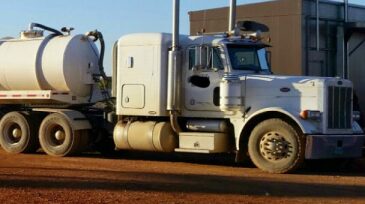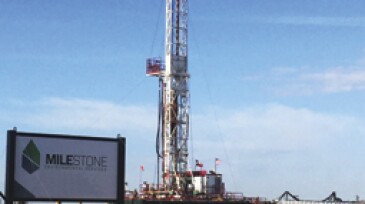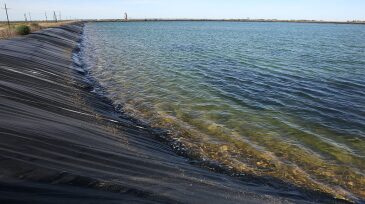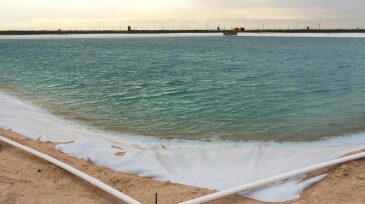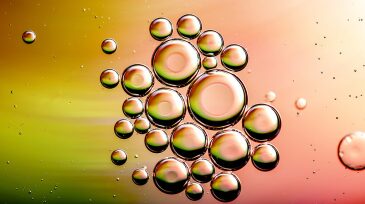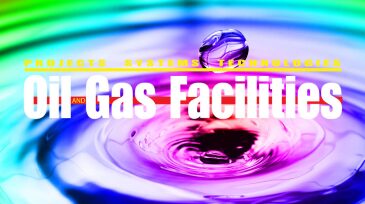produced water
-
An operator in the western Gulf of Thailand retrofit two partial-processing water-management systems on mobile-offshore-production-unit platforms for bulk removal and treatment of produced water. Water debottlenecking increased oil production by 80% and reduced the infield transfer volume by 62%. Th
-
Rising oil production in the Permian Basin has created an opportunity for midstream companies to acquire and expand pipeline infrastructure to handle a predicted spike in produced water.
-
This paper discusses the field trials of a new salt-tolerant friction-reducer system in the Marcellus Shale.
-
The company makes good on a pledge to reduce freshwater use and replenish the fresh water it uses.
-
Predictive models may help in the estimation of produced water volumes and the optimization of the locations for water recycling and disposal facilities to reduce truck hauling distances.
-
Milestone Environmental Services has announced the ground breaking for its new oilfield waste-disposal facility south of Midland, Texas.
-
In a recent acquisition, H2O Midstream will own and operate Encana’s produced-water gathering system in Howard County, Texas, and will expand it to also serve third parties.
-
As oil prices recover from the low point of the downturn, operators in the Permian and the Bakken are tackling water management issues.
-
By understanding the factors involved in oil droplet coalescence, the Savvy Separator engineer can assess the operational/chemical factors in the treatment system that are affecting droplet growth and make adjustments to enhance coalescence rates.
-
Magnetic nanoparticles (MNPs) is a promising way to remove dispersed oil from produced water. In this study, the authors investigated the optimal operating conditions for MNPs and the mechanisms of MNP/oil attachments and magnetic separation.

